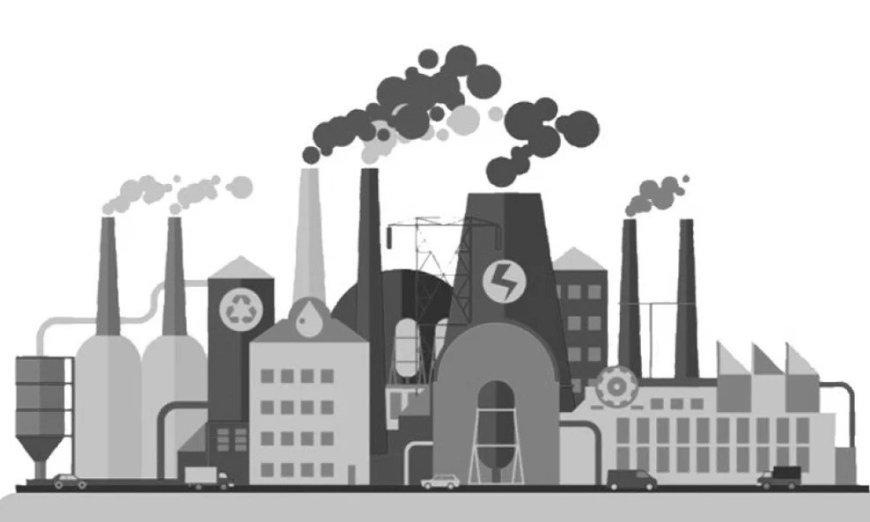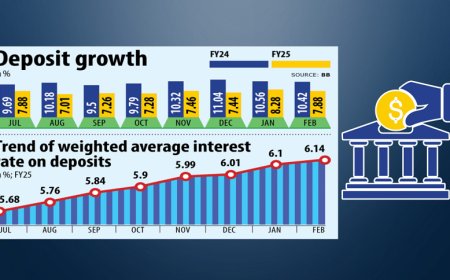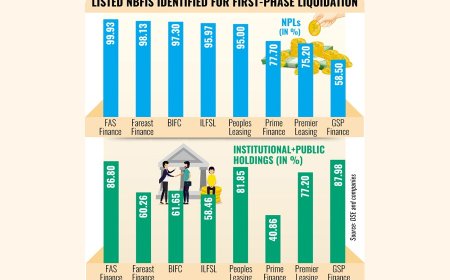Local entrepreneurs grapple with significant challenges amid a deepening economic crisis
Local entrepreneurs grapple with significant challenges amid a deepening economic crisis

Bangladesh's industrial sector, comprising over 10 million small and large entrepreneurs, is facing profound challenges driven by economic crises, political uncertainties, and systemic obstacles.
Entrepreneurs are struggling to maintain operations under these pressures, with many forced to scale back or shut down their businesses entirely.
Inflation has surged significantly, climbing to 9.88% in 2023 from 7.70% in 2022. This sharp increase has pushed up production costs, resulting in factory closures and diminishing consumer purchasing power. Simultaneously, the depreciation of the Bangladeshi Taka against the US Dollar has heightened import costs, further burdening businesses.
Securing loans has become increasingly difficult for entrepreneurs due to bank liquidity shortages and rising interest rates. Contractionary monetary policies have aggravated these challenges, complicating debt repayment and leading to a surge in non-performing loans.
The industrial sector also suffers from infrastructure deficiencies, including unreliable gas and electricity supplies, which disrupt production processes. These limitations, combined with inadequate infrastructure development, impede industrial growth and efficiency across the country.
Political instability has compounded these issues, sparking labor unrest, particularly in the ready-made garment (RMG) sector, which constitutes around 80% of Bangladesh's total exports. Frequent worker protests and dissatisfaction have created an environment of uncertainty, discouraging investment and hampering industrial operations.
Additionally, the global economic slowdown and trade tensions have negatively impacted Bangladesh’s export markets, especially in the RMG sector. Major fashion brands are diversifying their supply chains, reducing reliance on Bangladesh by as much as 30%, and shifting production to nations like Cambodia and Indonesia. This trend threatens Bangladesh's role in the global supply chain.
Industry leaders are calling for urgent government intervention to tackle these complex challenges. They advocate for policy reforms to improve access to financing, infrastructure investments to support industrial growth, and stronger law enforcement to combat extortion. Without these measures, the industrial sector’s contribution to the economy could further decline, hindering overall development.
What's Your Reaction?





















































































